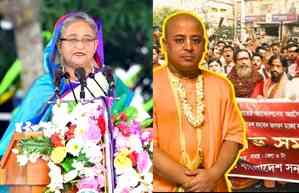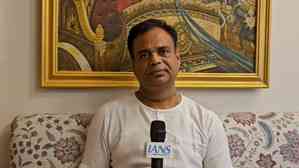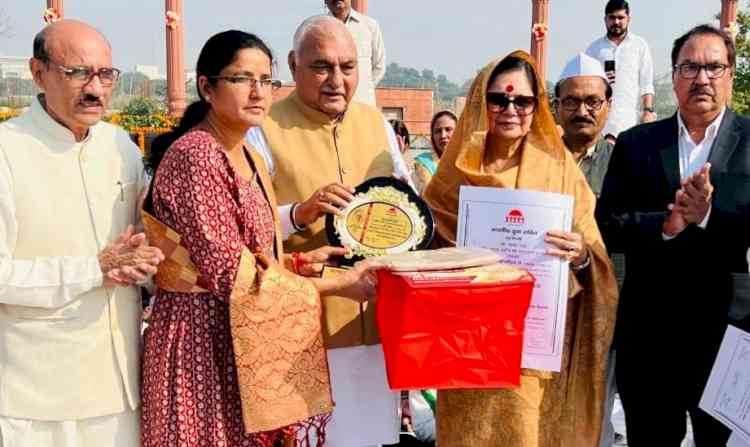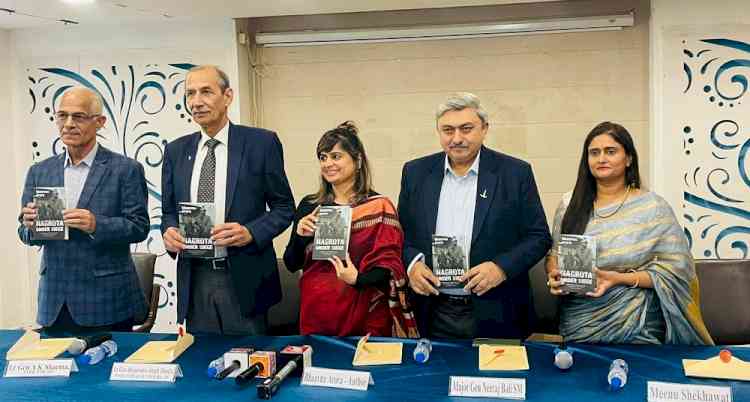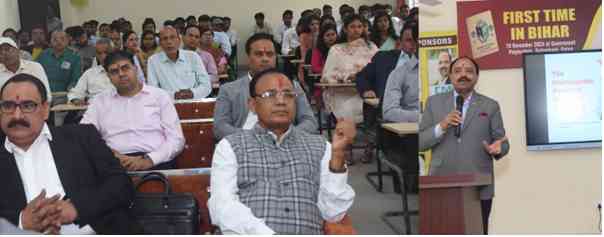Washington D.C. to include Sikhism as part of school curriculum
Students in Washington D.C. will now have a chance to learn about the Sikh community with the District of Columbia State Board of Education voting in favour of new social studies standards that will include Sikhi, or the Sikh faith, in the school curriculum.
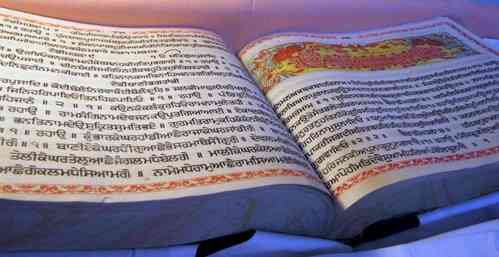
Washington, July 8 (IANS) Students in Washington D.C. will now have a chance to learn about the Sikh community with the District of Columbia State Board of Education voting in favour of new social studies standards that will include Sikhi, or the Sikh faith, in the school curriculum.
With this development, Washington D.C. will now join 17 states in the US to incorporate accurate information about Sikhs into their social studies standards for public schools.
The new standards will give approximately 49,800 students in the state the opportunity to learn about the Sikh community, a Sikh Coalition release stated.
Welcoming the announcement, Harman Singh, Sikh Coalition Education Director said: “Inclusive and accurate standards are an important first step to combat bigotry and to reduce bullying, and they benefit all students by increasing baseline cultural competency and decreasing ignorance".
In April this year, the Virginia State Board of Education voted in favour of new History and Social Science Standards of Learning, which includes Sikhism.
“These new standards will provide students in our nation’s capitol with an opportunity to learn about Sikhi and the experiences of Sikh Americans in their classrooms,” said Daljit Singh Sawhney, a prominent member of the Sikh community.
“Inclusive standards are integral to ensuring that Sikhs are seen and heard,” Sawhney said.
These efforts mean that more than 25 million students from coast to coast have the opportunity to experience a more inclusive and holistic education, a Sikh Coalition statement said.
Sikhism is the fifth largest religion in the world and the community has contributed to American society for over 125 years in the fields of civil rights, politics, agriculture, engineering, and medicine.


 IANS
IANS 
